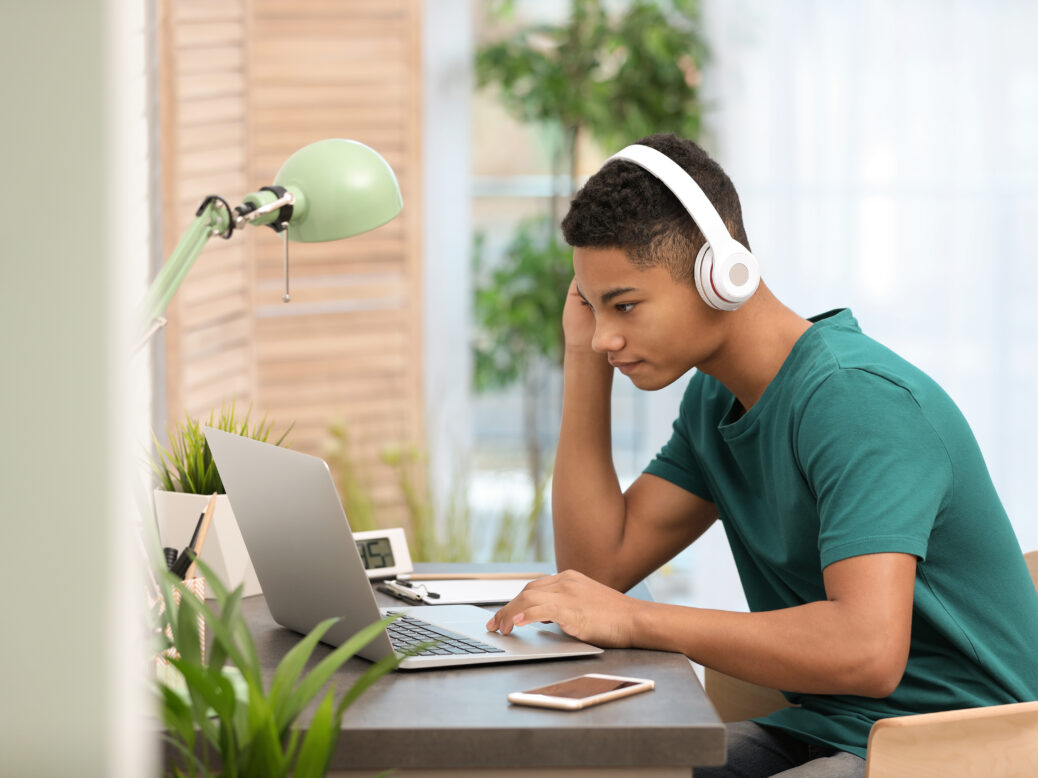
The coronavirus crisis took the world by surprise, paralysing multiple sectors. But for all the challenges of Covid-19, the pandemic may have also presented some new opportunities by forcing us to think differently about how we work, live and learn.
Now, more than ever, education technology (EdTech) has the chance to prove its worth. Striking a balance between remote learning and the classroom will not only aid safety aims in terms of controlling and containing the spread of Covid-19, but it will also help to make education more flexible.
Making learning materials more readily available remotely, by uploading them to one centralised cloud-based system, will provide students and staff alike with a convenient one-stop shop, where they can find everything they need. And it is worth appreciating that many technologies that can deliver this reality are eminently available, such as Google Classroom. We don’t have to wait for them to be invented, because they already exist. It is a matter of adoption. Google Classroom allows teachers to distribute, monitor and assess assignments all via one interface.
Nicola Doherty, the head teacher at St Joseph’s Catholic Primary School, where Google Classroom has been used over the course of the pandemic, says that the platform has been extremely useful in keeping learning going. But she notes that there are inconsistencies in students’ home situations. “Ideally,” she says, “we would have loved to have enough iPads/ laptops to enable all children to take one home to use as part of their home-learning offer. Unfortunately, this was just not possible.” For technology to truly take off in the education sector, therefore, more inward investment is needed to tackle internet inequality.
Meic Griffiths, the executive head teacher of the Imperium Federation, used the pandemic as a catalyst for the schools’ five-year digital plan. Teachers were able to have regular “check-ins” with parents, while students’ progress was monitored and assessed. The check-ins, Griffiths says, “ensured that everyone felt supported and knew what was going on”.
The world was already going digital before the coronavirus crisis, but 2020 has undoubtedly accelerated the fourth industrial revolution. It stands to reason, then, that students should become familiar with technology at the earliest possible stage, as it is very likely that any and every future industry will hinge on it. What skills do students need? Who better to ask than the firms that will one day hire them? More employer input into curriculums would make total sense. As Alexander Shea, the senior policy analyst at the British Education Suppliers Association (BESA), notes: “The UK has the most tech-literate teaching staff of the OECD’s 37 nations, is home to eight of the 20 fastest-growing EdTech companies in Europe, and delivers leading EdTech research and innovation programmes via institutions such as UCL and Nesta.”
The coronavirus pandemic has changed the world as we know it. But through digitalisation – of our learning resources and indeed our mindset – we can make sure that we are better equipped to adapt to the new normal, and thrive in it.
Ji Li is managing director of Plum Innovations.



